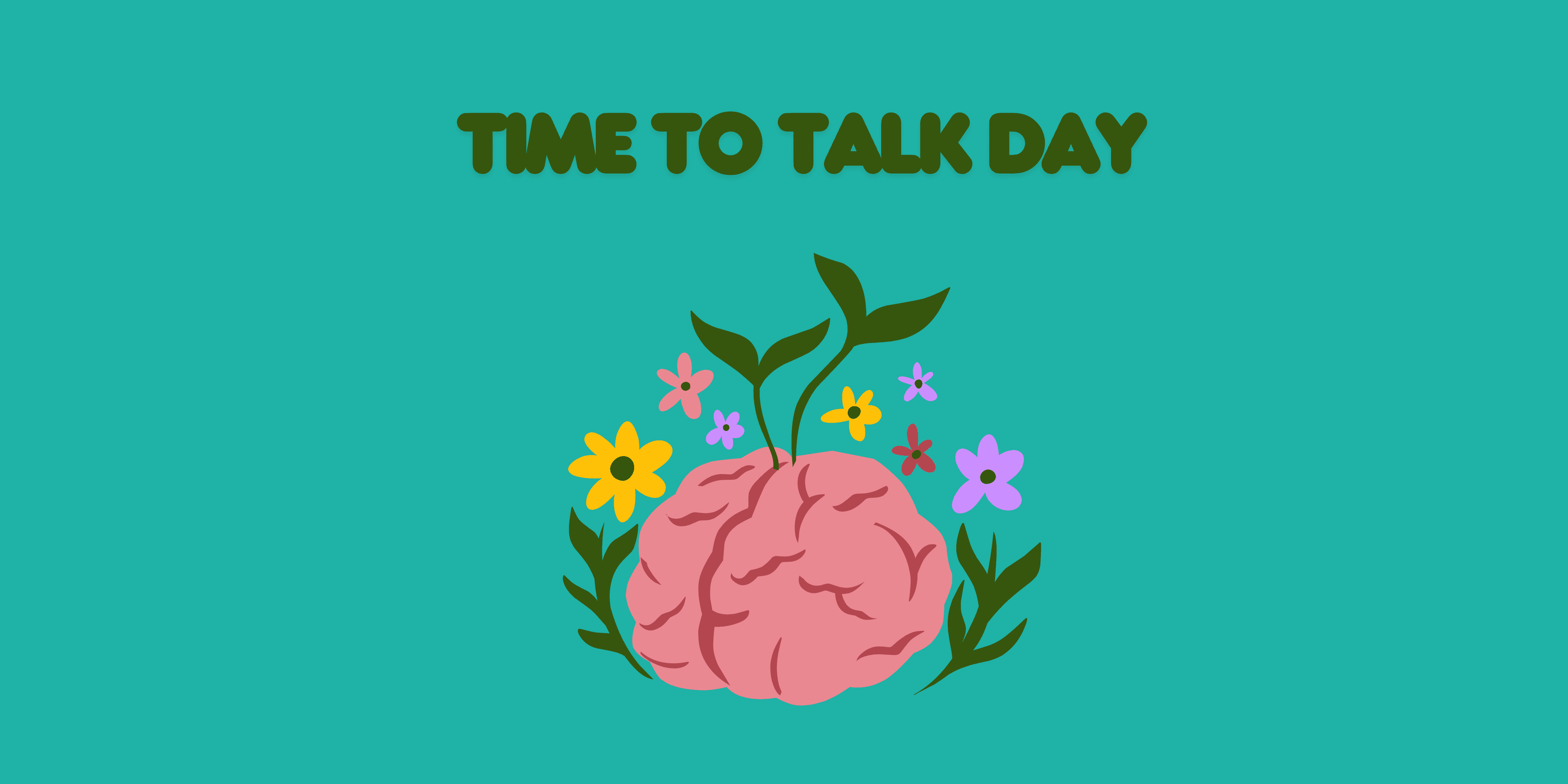...
...
...
...
...

Understanding and managing stress while building resilience

Rouberto Pereira
Apr 3rd, 2025
Stress is a natural part of life, but how we manage it makes all the difference. While stress often gets a bad reputation, it’s important to remember that not all stress is harmful. In fact, "good stress" (also known as eustress) can motivate us, help us meet deadlines, and push us toward growth. However, when stress becomes overwhelming or chronic, it can negatively impact our mental and physical health.
The key to managing stress effectively is building resilience — our ability to adapt, recover, and maintain balance even in challenging situations. Resilience doesn't mean avoiding stress but rather learning how to handle it in a way that keeps us strong and in control.
Stress is a natural response triggered by challenges or threats. When we encounter stress, our brain activates the fight-or-flight response, releasing cortisol and adrenaline. In short bursts, this sharpens focus and boosts energy. But prolonged stress can impact mental and physical wellbeing.
Common stress sources include:
Environmental Stressors – Work pressure, financial strain, and major life changes. Industries like tech, academia, and care work often come with tight deadlines, emotional labor, and high expectations.
Internal Stressors – Our own thoughts, like perfectionism, self-doubt, and overcommitment, can amplify stress — especially in high-responsibility roles.
Social Stressors – Relationship conflicts, isolation, and workplace dynamics all contribute to stress, making support networks crucial.
By recognising these sources, we can take proactive steps to build resilience and manage stress more effectively.
Good Stress (Eustress)
Harmful Stress (Distress)
Recognising the difference between these types of stress can help you assess whether stress is helping or harming you — and guide you in taking the right steps to manage it.
Shift Your Perspective
Stressful situations often feel bigger than they really are. Try to reframe challenges as opportunities for growth. Ask yourself: What can I learn from this? or Will this matter in six months? A shift in mindset can reduce the emotional weight of stress.
Prioritise Self-Care
Resilient people recognise that rest and recovery are just as important as productivity. Prioritising sleep, movement, and healthy nutrition can help your body and mind cope with stress more effectively. Even small habits—like taking five minutes to breathe deeply or going for a short walk—can make a difference.
Strengthen Your Support Network
Connecting with others is one of the most powerful ways to manage stress. Whether it’s talking to a friend, mentor, or therapist, verbalising stress can reduce its intensity. Workplaces that foster open conversations about stress and wellbeing create stronger, more resilient teams.
Use Practical Stress-Reduction Techniques
Tools like The Worry Tree, The Wheel of Life, and various Relaxation Techniques can help identify stressors, rebalance priorities, and create effective coping strategies. These tools encourage mindful reflection and practical action steps to ease tension and promote resilience.
Know When to Take a Step Back
It’s okay to pause. Recognising when you need to take a break — whether it’s a day off or simply stepping away for a moment — can prevent stress from escalating into burnout. Small resets can bring fresh energy and perspective.
Resilience isn’t built overnight; it’s strengthened through small, daily actions. Here are some simple yet effective habits that can help you manage stress and cultivate a more resilient mindset:
Practice Daily Reflection – Take a few minutes each day to check in with yourself. Journaling about what went well, what was challenging, and what you learned can help you gain perspective and develop a problem-solving mindset.
Incorporate Breathing Exercises – When stress rises, your breathing often becomes shallow and rapid. Deep breathing techniques — like box breathing or the 4-7-8 method — can quickly calm your nervous system and restore focus.
Move Your Body Regularly – Exercise isn’t just about fitness; it’s a powerful stress reliever. Even a short walk outside or stretching at your desk can help release built-up tension and improve mental clarity.
Set Boundaries to Protect Your Energy – Stress often comes from overcommitment. Learning to say “no” or delegating tasks can create space for rest and recovery, helping you sustain long-term resilience.
Adopt a Growth Mindset – View challenges as opportunities to learn rather than threats. Resilient individuals embrace mistakes as part of the process, focusing on progress rather than perfection.
Stress is inevitable, but suffering from it isn’t. By recognising stress, understanding its role, and using resilience-building strategies, we can transform stress from an obstacle into a tool for growth. Not all stress is harmful — when managed well, it can motivate us, sharpen our focus, and build emotional strength. The key lies in balancing stress with recovery, self-awareness, and healthy coping mechanisms.
By practicing techniques like relaxation strategies, shifting unhelpful thought patterns, and prioritising self-care, we can reduce unnecessary stress and harness the energy of productive stress. Over time, this builds mental resilience, helping us face challenges with confidence rather than fear. Stress will always be part of life — but with the right tools, we can control its impact and use it to thrive.

Rouberto Pereira
Dec 12th, 2024

Rouberto Pereira
Jan 29th, 2025

Understanding the Link Between Sleep, Mental Health, and Daily Wellbeing
Keeva Galway
Mar 5th, 2025